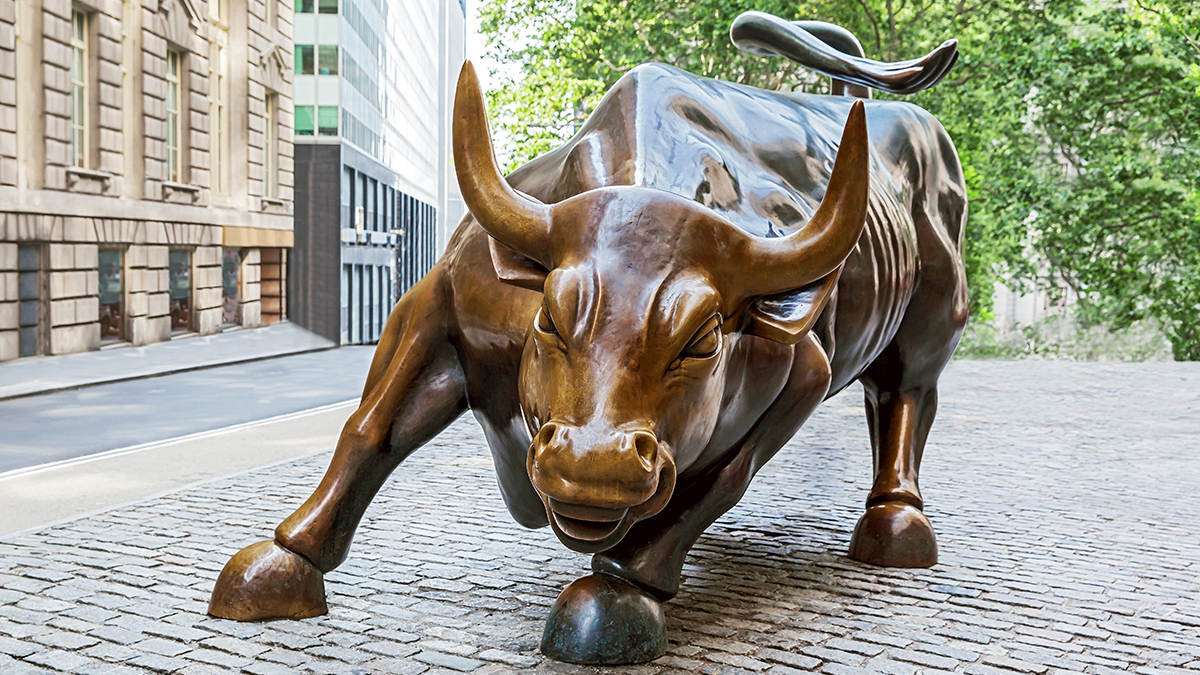
In "Reducing the Risk: Angel Investing," Ziad K. Abdelnour, published on April 14, 2021, delves into the strategies for mitigating risks while engaging in angel investments. Abdelnour provides a detailed guide on assessing startup viability, the importance of due diligence, and the strategic placement of capital in high-potential ventures. The blog is particularly valuable for new investors in the angel community, offering practical advice on navigating the complexities of early-stage investing while optimizing for both impact and returns.
As a renowned investor, I get a lot of questions about how to invest. One of the questions I get the most is “Which is better? IPO’s or investing into start-ups?” To be quite frank, it is like comparing apples and pears. Yes, they are similar, but success is measured very differently between the two.
Angel investing usually means putting money into startups, so you are getting in there before private equity and a long time before firms IPO on the stock market. Your taking on the task of spotting the potential in a company long before they prove themselves. While it’s not a simple task, if you pick the companies you invest in wisely, it can be very lucrative. Take Facebook for instance, a lot of people would say that Facebook did better when it was small versus now that it is a mega stock and on the S&P 500. However, it’s needless to say, angel investing has so many risks and picking the right firm to invest in is a difficult job.
The fact is, you won’t make that much money from the majority of angel deals. It is definitely a high net worth game and you have to be willing to take a loss here or there. Even many of the best angel investors have lost money on a great amount of the deals they have engaged in. This is why the requirements are so high in many countries to be eligible to engage in angel investing in many countries.
With that being said, there are a few things that you can do to reduce the risk. Perhaps the most common way that angel investors reduce risk is by investing in tens of startups. The more companies you invest in the more likely it is that at least one of them will go on to be very successful. However, this is not the only way for angel investors to reduce risk. Here are some other things to consider:
So, yes, angel investing can return more than the general stock market and be very lucrative if done correctly. It just takes more time, tolerance for risk and patience to see the deals monetize. Investing is all about taking chances and strategically picking the best horse in the race. There is risk in any deals that you make not matter in your angel investing or buying stocks. Therefore, when people ask which is best, angel investing or IPO’s. It simply comes down to your goals and preferences.
Disclaimer: This article discusses certain companies and their products or services as potential solutions. These mentions are for illustrative purposes only and should not be interpreted as endorsements or investment recommendations. All investment strategies carry inherent risks, and it is imperative that readers conduct their own independent research and seek advice from qualified investment professionals tailored to their specific financial circumstances before making any investment decisions.
The content provided here does not constitute personalized investment advice. Decisions to invest or engage with any securities or financial products mentioned in this article should only be made after consulting with a qualified financial advisor, considering your investment objectives and risk tolerance. The author assumes no responsibility for any financial losses or other consequences resulting directly or indirectly from the use of the content of this article.
As with any financial decision, thorough investigation and caution are advised before making investment decisions.